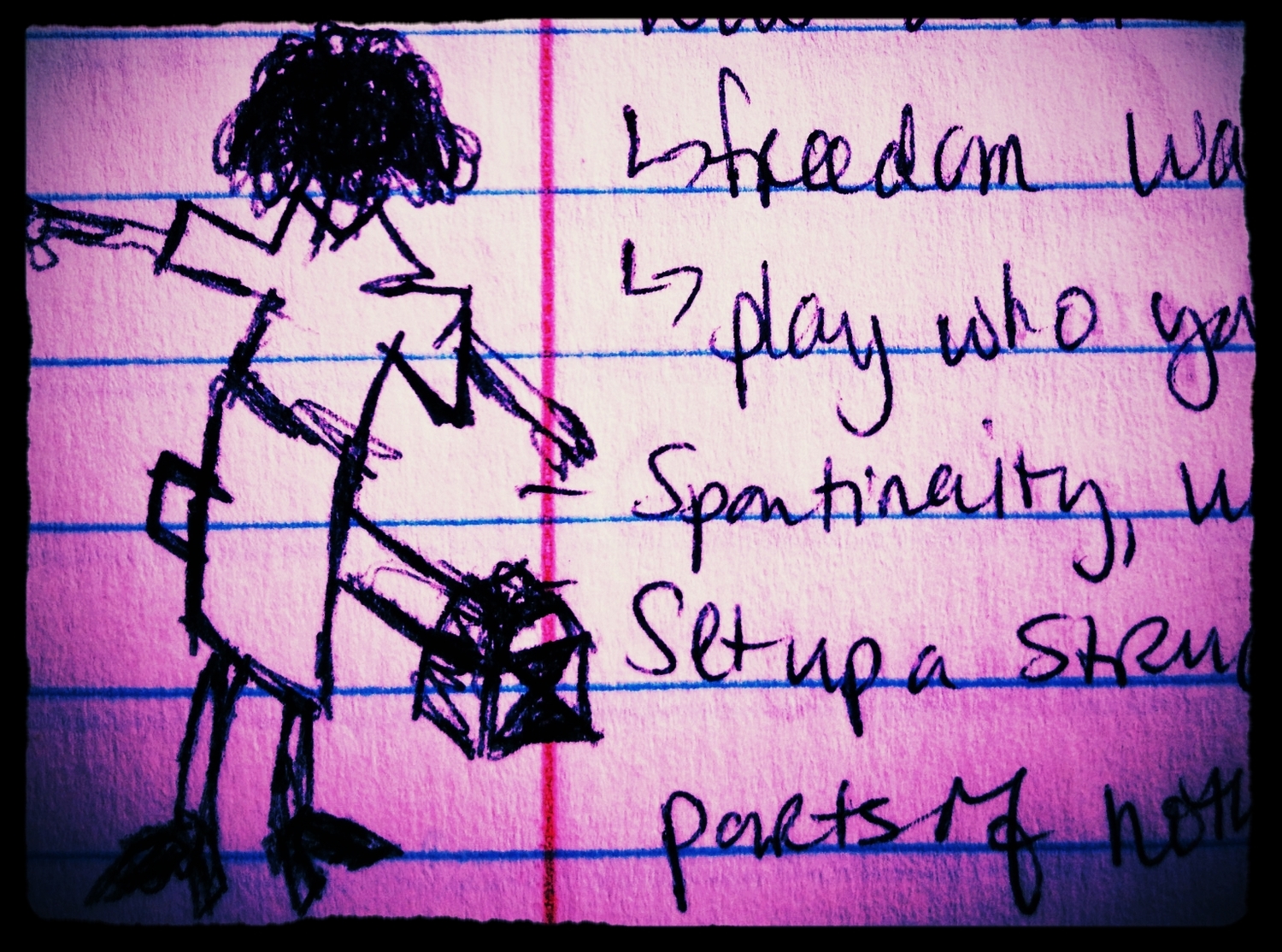Will this School Year Be When You Learn to Code?
/This September, I crossed a milestone in my professional career: it was the first time since the 3rd year of my career that I started a third school year in a row with the same work email address. Since 5 of my last 8 summers were filled with revamping my portfolio, interviewing, pitching myself, and focusing on landing a new job, having time to learn and reflect was a treat. So, I wrote a reflection and shared on behalf of MobileMakersEdu. It was based on my last two years of learning and teaching mobile app development with Swift. Enjoy!
At Mobile Makers, we have a strong belief, aligned with President Obama, Apple, Chicago Public Schools, and hundreds of thousands of others who have signed petitions for Congress to require computer science in our schools, so that everyone can learn to code. One specific value we hold is that of all people, the first and most ready to learn computer science are educators.
As expert learners who persevere through numerous challenges, teachers already possess many of the required traits to develop software. Resourcefulness, grit and perseverance, the ability to project manage and iterate in order to improve effectiveness — these are qualities shared by iOS developers and educators.
While you prepare to return to your classroom this fall, think about how you can model being a 21st century creator, not consumer, for your students. If you are already personally coding and do not have stand alone time for computer science in your school, how will can you incorporate the concepts of algorithmic thinking and problem-solving, required for coding, into your already packed curriculum? If you are not coding, how will you stay current for your students?
When I taught high school Geometry and French, I used my mathematical mind to break down difficult concepts. Without fully understanding what I was doing, I incorporated the skills required to program an app in my classes because programmatic thinking served as a tool for students to digest complex information.
In my geometry class, students dove deep into conditionals and logic. We unpacked elaborate conjectures and then dissected sentences for their truth values to determine when conditionals were true in both directions. More than once, my French students and I used tree diagrams to understand verb conjugations.
Now, as the Director of Curriculum and Instruction at Mobile Makers, I work with teachers to intentionally identify areas where coding concepts and skills naturally bridge with their content. From sorting types of brush strokes to sorting animals based on how they regulate their body temperature, programmatic thinking is part of being human. Mobile Makers is committed to supporting districts and teachers to incorporate coding concepts into their content so that all students, regardless of whether they have a computer science class or not, are exposed to algorithmic thinking in an intentional manner. We are eager to learn and share with you!
UPDATE: This article was picked up by the NCSSS blog and newsletter. Celebrating the extra reads + documenting the success!

